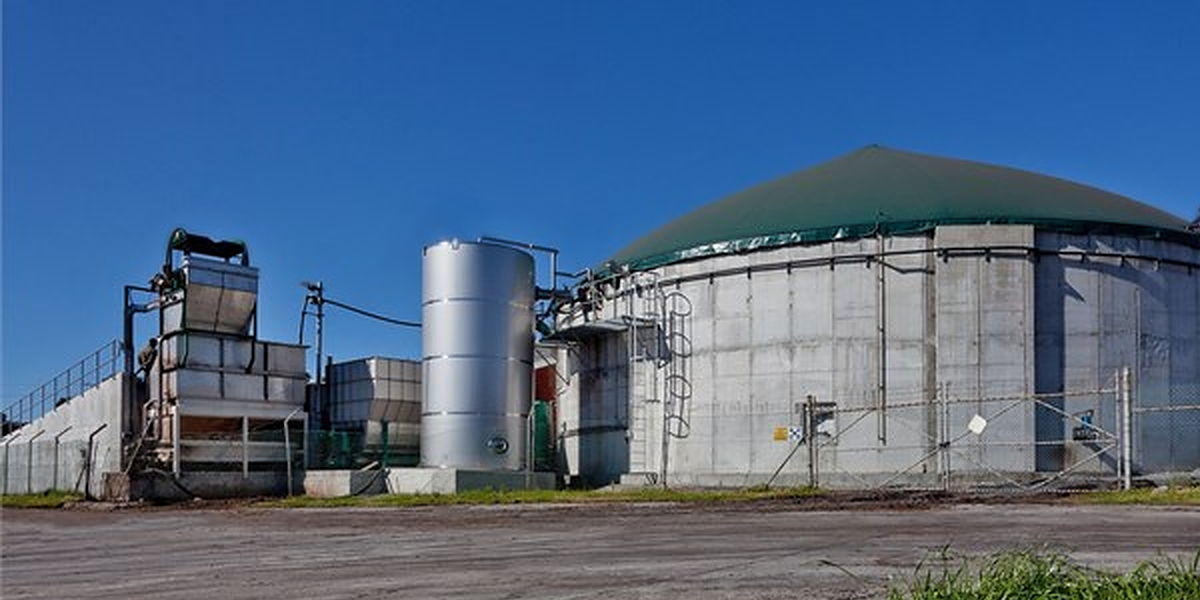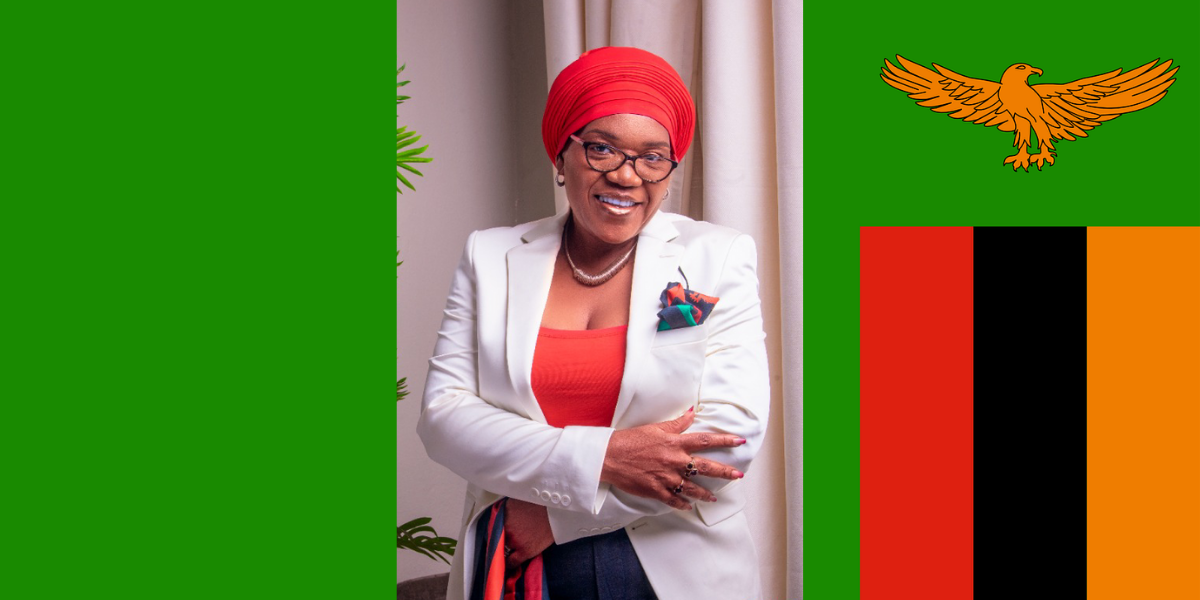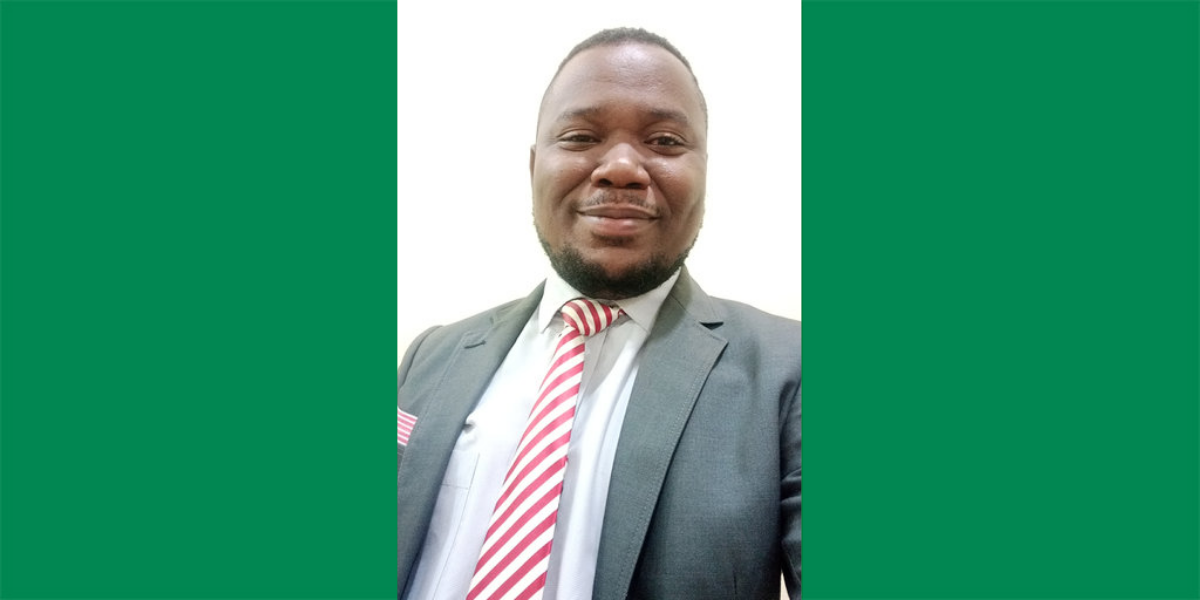
The ACCELERATE Circular Economy programme which was held under the ACTUATE banner has recently concluded. The programme was started to support education and capacity building to enhance understanding and acceptance of the aims of the ACTUATE project and the wider circular economy. We engaged with students from our partner institutions in Africa and each week we presented them a video around the circular water economy space and gave them activities or exercises to engage with which they submitted on a WhatsApp group. Following our first set of spotlights, we again ask ACCELERATE students about their experience on the programme and their learnings.
Favour Ehinomen Iwelomen, University of Benin, Nigeria

Favour Ehinomen Iwelomen
What is Your full name and institution and tell me how you got to hear about the one month program on circular water economy and bioenergy?
My name is Favour Ehinomen Iwelomen from the University of Benin. I heard about the one month programme from my course advisor.
What is your personal understanding of the terms ‘circular economy’ and ‘bioenergy’?
Circular economy to me deals with production and consumption on a recycling basis. It aims at reducing waste and encouraging the use of natural raw materials to produce.
Bio energy to me is a renewable (inexhaustible) source of energy.
What are the key challenges to the success of bioenergy in Africa?
Key challenges to the success of bio energy in Africa are lack of funding, poor knowledge of bio energy and its benefits, as well as poor Government policies and implementation.
What has been your experience and most important learning on the program as regards your career after graduation?
I really learnt a lot during the program and one important point I learnt is that I should always view problems as opportunities and continuously look for ways to solve the problems around me through key ideas and innovations. As regards my career in the agricultural industry, I look forward to keying in and practicing waste recycling for energy generation in running farm activities that require energy/power.
Will you recommend the program to other students and why?
Yes I would, the main reason being that it is an eye opener which will change a lot of mindsets and open minds to the numerous possibilities around the topic.
Yvonne Awino Omondi, Kenyatta University, Kenya
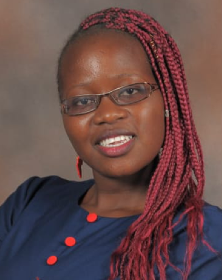
Yvonne Awino Omondi
What is Your full name and institution and tell me how you got to hear about the one month program on circular water economy and bioenergy?
My name is Yvonne Awino Omondi from Kenyatta University. I heard about the one-month program from Prof. Thomas Thoruwa who was my lecturer in the first year of my master’s degree. He taught me Energy Resources, Bioenergy and Solar energy courses. I developed an interest in Bioenergy, specifically Biogas, and now am doing my research in Biogas production. Prof. Thoruwa is my thesis supervisor and he suggested I apply, so I did.
What is your personal understanding of the terms ‘circular economy’ and ‘bioenergy’?
Circular Economy is a system whose target is to eliminate waste and pollution, keep the products and materials in use and at the same time regenerate natural systems. For example, biogas production system can be described as circular economy if agricultural waste is used to produce biogas (waste management), which is used for cooking, lighting and heating while the digestate is used as a biofertilizer at the same farm.
Bioenergy is a form of energy that is obtained from organic material (biomass). This energy is renewable, clean and affordable since it is readily available. This energy can be used for electricity production, cooking and heating.
What are the key challenges to the success of bioenergy in Africa?
Inadequacy of funds: This is the major drawback since as much as people are well informed of bioenergy and circular economy, they lack enough funds to run to the programs which will really help. Furthermore, the government to a larger extent doesn’t have the funds to support the programs and educate citizens on bioenergy.
Lack of knowledge on bioenergy: Most people in Africa don’t know the connection between organic waste management and bioenergy hence there is poor waste disposal systems which leads to emission of greenhouse gases.
Ignorance: As much as the Government and other people are trying to get rid of waste by practicing bioenergy production, some people have the correct information but they still do not encourage environmental conservation and production of clean energy.
Land use issues: Some bioenergy system requires larger part of land. This leads to the loss of ecosystems preservation and displacement of people.
What has been your experience and most important learning on the program as regards your career after graduation?
Being part of the program was the best opportunity I have ever had. I had the chance to meet and learn from the experts and students in the field of circular economy and bioenergy. I realized that bioenergy is a great field that has not yet fully exploded since we still have a lot of organic waste especially in Africa and by eliminating this waste (waste management) we are able to produce more and more clean, renewable and affordable energy.
Will you recommend the program to other students and why?
Absolutely yes. This is because through the program they will be able learn and experience what other people from different parts of the world are doing in circular economy and bioenergy and also to discover more areas to be explode in those fields.
Richard Nii Lante Golightly, Accra Technical University, Ghana
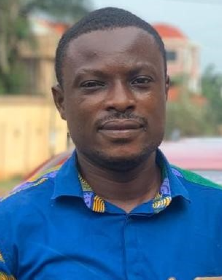
Richard Nii Lante Golightly
What is Your full name and institution and tell me how you got to hear about the one month program on circular water economy and bioenergy?
My name is Richard Nii Lante Golightly from Accra Technical University. I got to know of the program through CSIR-IIR.
What is your personal understanding of the terms ‘circular economy’ and ‘bioenergy’?
Circular Economy is a concept about recycling, reducing, reusing, repairing or refurbishing available materials for consumption.
Circular Bioenergy is simply the generation of heat, electricity and biofuels from organic matter or waste.
What are the key challenges to the success of bioenergy in Africa?
Lack of technological advancement. In some cases the generation capacity is even limited.
Lack of skilled engineers, the ability of some of the technocrats to translate the theoretical aspect of Science into practicals for the solving of global challenges.
Lack of financial support from the government. The few successful scientists also face financial challenges in the cause of solving global problems.
What has been your experience and most important learning on the program as regards your career after graduation?
It has really broadened my knowledge and understanding in waste treatment (Waste Management). l have been able to link up with some students across the continent and have shared in their experiences as well.
Will you recommend the program to other students and why?
A big Yes. Knowledge is power as they say and the dissipation of ideas, knowledge and experiences in solving challenges and global problems is necessary to building a better world.
